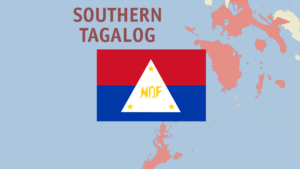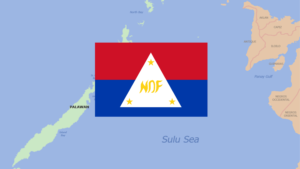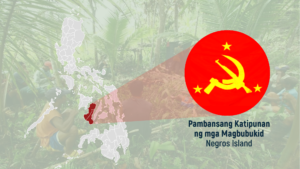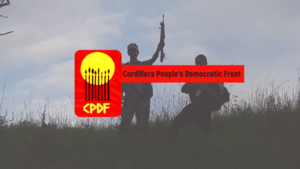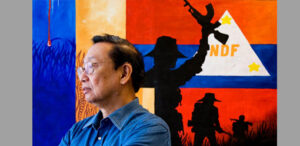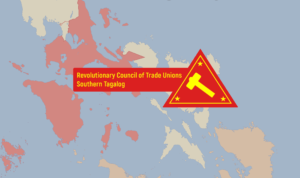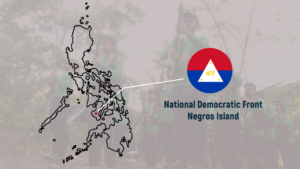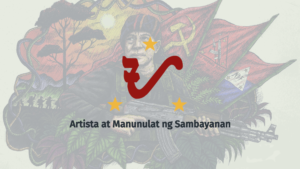Cordillera farmers and producers suffer from oil price hikes Marcos and experts make grand claims against poverty
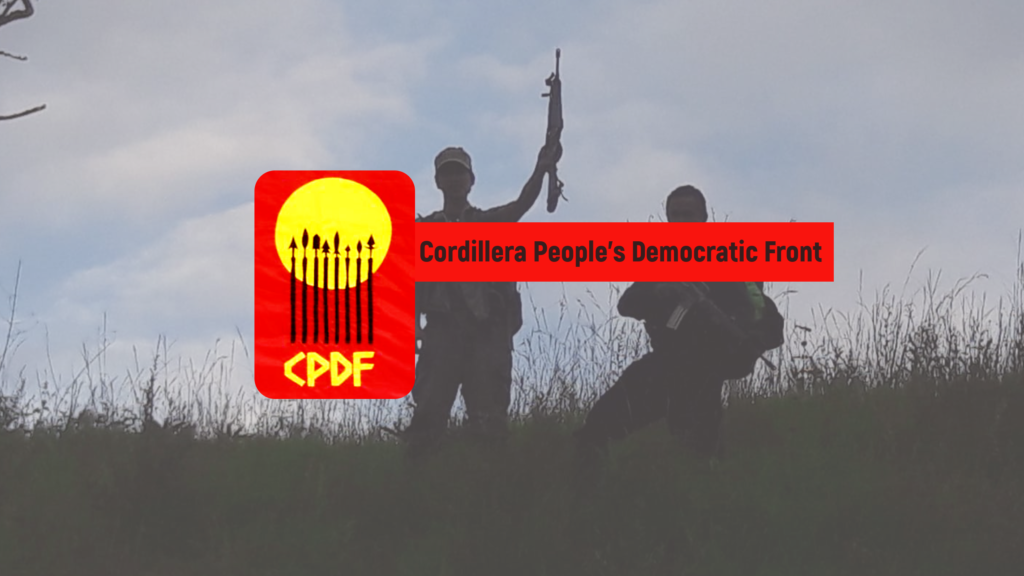
The recent study from Philippine Statistics Authority, that the number of Filipino families suffering under the yoke of poverty increased significantly, should hardly even be considered news anymore. The non-news said that almost 20 million Filipinos are living in poverty; that is, 18.1 percent of the population which is at 16.5 percent a mere three years before this study.
Poverty is a fact already well-known even to the smallest children of the Cordilleras. That it is systemic signifies that it will always shoot upwards. Thus, the PSA ‘data’ indicating that the region has the lowest poverty incidence rate is belied by the people themselves. More than a cause for celebration, it is a point of contention. Clearly, it is not a matter of whether the Cordillera Administrative Region is poorer or richer than other regions but more a question of where such data was based.
The prolonged pandemic has rendered Cordillera families, especially those living in urbanized areas, into unprecedented poverty. Like the rest of the nation, they were mostly kept from going out and making a living. Financial and in-kind assistance is sporadic at best, if any came their way at all. Up until now, three years into this pandemic, the people have yet to recover from the additional economic burdens brought about by a problematic pandemic response.
The agricultural sector in the region suffered and continues to suffer even more greatly than what is widely reported in the mainstream mass media. Successive oil price hikes hurt farmers and vegetable producers who require diesel and other gasoline products to operate machinery. For the majority who has to rent agricultural equipment, the steep price of oil is an added cost to their production. It gets worse for farmers and vegetable farmers from far flung provinces where they spend a considerable amount for the transport of their harvest, paying the truck rental according to the weight of their produce. Especially for vegetable producers, their feelings of dismay and frustration are most understandable when they have to trade their produce at rates that barely scrape bottom ground.
And yet, Marcos II’s regime assures the Filipino people that it can reduce poverty incidence by five percentage points by 2025 and by another four percentage points when his term ends in 2028. The claim was made amidst soaring inflation and, even worse, despite Bongbong Marcos’ July statement that he does not believe in the inflation numbers presented to him by his own experts. How then would a regime address systemic poverty when it easily dismisses economic realities, both in its numbers form and in actual lives of the majority of the Filipino people?
The government’s poverty statistics are notoriously inaccurate, both due to underreporting and to deliberately lowered threshold levels. And yet, it fools no one by tweaking its own results. Similarly, Marcos fools no one by refusing to acknowledge the severity of the current inflation. And three to six years from now, his regime would fool no one if it is to make baseless statements about how it fixed the widespread poverty among the people.
The people of Cordillera and the rest of the nation do not need Marcos and his minions to know that more and more are suffering from poverty, that it usually gets worse and never better because it is embedded in the system. The reasons to advance a national democratic struggle are right before them. As long as reactionary regimes of a worldwide capitalist system refuse to grant the masses their right to a dignified life, there will be revolution and the people of the Cordillera will be all for it. ###
Implement genuine land reform for peasants and national minorities!
Advance the national democratic struggle to address systemic poverty!
Kaigorotan, advance the revolution! Join the New People’s Army!

